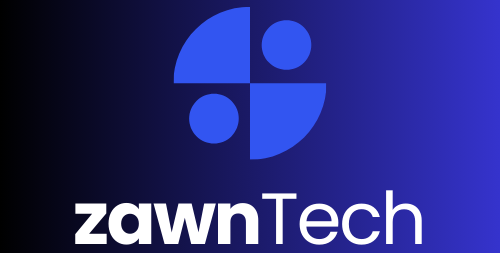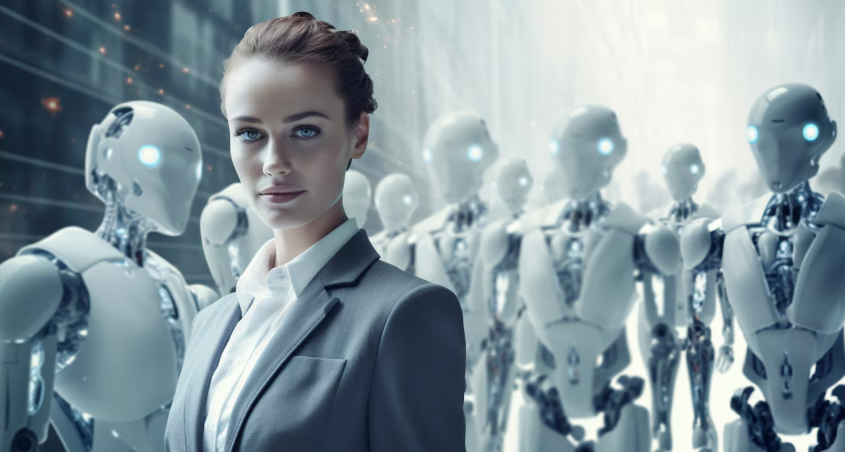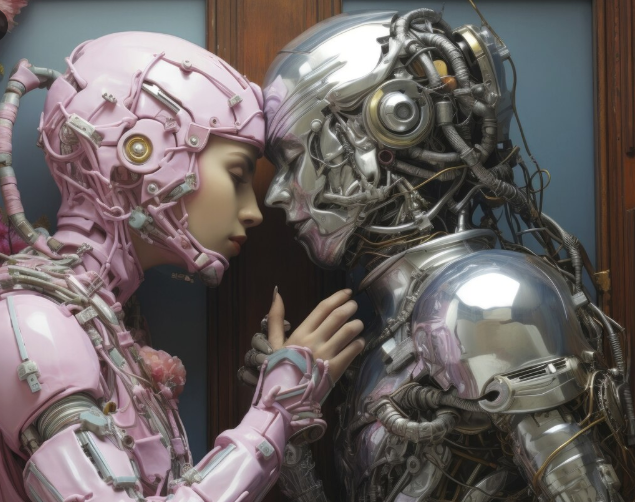Can AI Replace Your Boss? The Future of Leadership in a Tech-Driven World
In recent years, artificial intelligence (AI) has revolutionized industries ranging from healthcare to finance, and its influence on the workplace is becoming increasingly profound. While AI tools have streamlined processes and boosted productivity, one provocative question looms large: can AI replace your boss? As organizations adopt smarter technologies, understanding the evolving role of leadership in a tech-driven world is crucial.
The Rise of AI in the Workplace
AI’s presence in the workplace is no longer a futuristic concept—it’s a reality. From automating routine administrative tasks to providing advanced data analytics, AI systems like chatbots and machine learning algorithms have taken over roles that were once the domain of human managers. Tools like Asana, Slack, and even AI-powered decision-making platforms have enabled companies to monitor team performance, allocate resources, and even provide insights for strategic planning.
These advancements have raised the question: if AI can do much of what a manager does, why do we still need human bosses?
The Unique Value of Human Leadership
While AI excels at efficiency and data processing, leadership involves much more than task management. Effective leaders possess qualities that machines cannot replicate: empathy, creativity, and the ability to inspire and motivate. Employees look to their managers for mentorship, emotional support, and a sense of purpose—intangibles that algorithms cannot provide.
Additionally, human leaders are adept at navigating complex social dynamics and making decisions based on intuition and ethical considerations. In times of crisis, it’s often the human element of leadership—showing compassion, understanding, and adaptability—that keeps teams motivated and resilient. AI lacks the contextual understanding and emotional intelligence necessary to fulfill this role.
The Hybrid Model: Humans and AI Working Together
Instead of asking whether AI can replace human bosses, perhaps a better question is how AI can enhance leadership. Many organizations are adopting a hybrid model, where AI acts as a tool to augment human decision-making rather than replace it. For instance:
- Data-Driven Decisions: AI can analyze vast amounts of data to offer actionable insights, helping leaders make informed decisions faster.
- Automation of Routine Tasks: By automating repetitive managerial tasks like scheduling or tracking key performance indicators (KPIs), AI frees up managers to focus on strategy and team development.
- Enhanced Communication: AI-powered tools can help leaders communicate more effectively by analyzing team sentiment and identifying potential bottlenecks.
This partnership between humans and AI creates an environment where leaders can leverage technology to enhance their performance rather than fear obsolescence.
Ethical Considerations and Trust
One major concern with AI-driven management is the issue of trust. Employees may be hesitant to follow the guidance of an algorithm, particularly if decisions appear opaque or overly data-driven. Additionally, the potential for bias in AI algorithms poses significant ethical challenges. Without careful oversight, AI systems could inadvertently reinforce discrimination or inequality in the workplace.
Transparency, accountability, and ethical AI development are essential to ensure that these tools serve the interests of both organizations and their employees. Leaders must play a critical role in addressing these issues, balancing technological advancements with a commitment to fairness and humanity.
The Future of Leadership
While AI continues to transform the workplace, it is unlikely to fully replace human bosses anytime soon. Leadership is not just about executing tasks or analyzing data—it is about building trust, fostering collaboration, and inspiring teams to achieve their best. These qualities remain uniquely human.
The future of leadership lies in collaboration between humans and machines. Leaders who embrace AI as a tool to enhance their abilities rather than as a threat to their roles will be best positioned to thrive in a tech-driven world. As technology evolves, so too must our understanding of what it means to lead.
In conclusion, AI is not here to take your boss’s job—it’s here to change how leadership is practiced. The challenge for organizations will be to find the right balance between technological efficiency and human empathy, ensuring that the workplace of the future is both innovative and inclusive.







